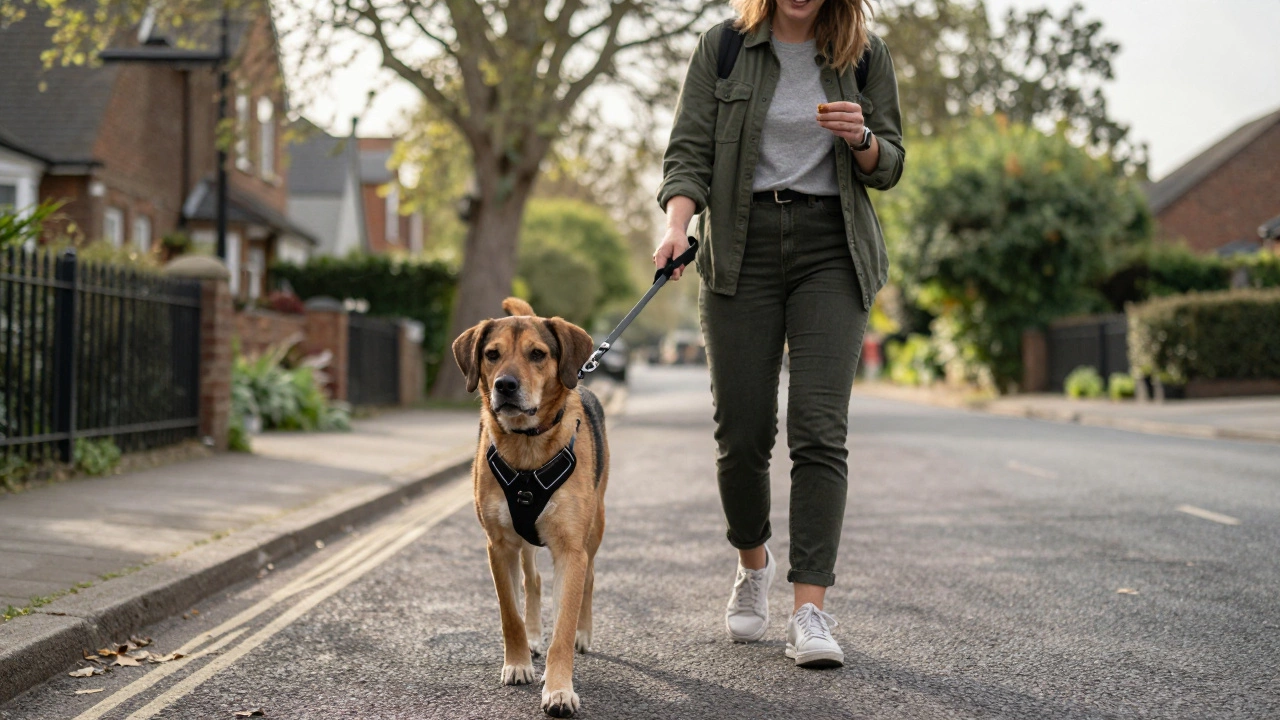Farmer's Dog Care: Simple Tips to Keep Your Working Companion Happy
If you own a farmer's dog, you already know they’re more than a pet – they’re a teammate on the fields, in the barn, and sometimes on the road. The good news is looking after them isn’t rocket science. A solid routine of food, grooming, vet checks, and a few travel tricks will keep them fit for the job and relaxed at home.
Feeding and Nutrition
A farmer's dog burns a lot of calories moving livestock, herding sheep, or chasing off pests. That means a high‑energy diet is a must. Choose a dry kibble that lists real meat as the first ingredient and adds healthy fats like fish oil. If you can, mix in a cup of cooked carrots or pumpkin each week – the fibre helps digestion and keeps stools regular.
Portion sizes depend on weight and activity level. A 50‑lb working dog might need 3–4 cups a day, split between breakfast and dinner. Always have fresh water nearby, especially in summer when they spend long hours in the sun. A simple trick is to add a shallow bowl of water inside the kennel so they can sip whenever they’re resting.
If you’re unsure whether the kibble meets their needs, glance at the label for "calories per cup" and match it to the vet’s recommendation. Over‑feeding leads to joint strain, which is the opposite of what you want for a dog that’s constantly on the move.
Grooming and Health Checks
Regular grooming isn’t just about looks; it’s a health check in disguise. A quick brush every other day removes mud, loose hair, and any hidden ticks. For breeds with thick coats, a monthly bath with a mild dog shampoo keeps their skin from drying out.
Ear cleaning is vital. Farmers’ dogs often get ear infections from water and dust. Use a vet‑approved ear cleaner and a soft cotton ball – never push anything deep into the canal. While you’re at it, look for redness or a funky smell and note it for the vet.
Monthly nail trims prevent broken toes when they’re running across rough terrain. If you’re nervous about snipping, a grinder works just as well and can be less stressful for the dog. Keep a close eye on paw pads; a cracked pad can turn into a serious infection if left untreated.
Annual vet visits should include a vaccine update, heartworm test, and a full physical exam. Ask the vet about a deworming schedule tailored for working dogs, as they’re more likely to pick up parasites on the farm.
Traveling with a farmer's dog, whether to the county fair or a vet appointment, is another piece of the puzzle. A sturdy, airline‑approved carrier (if you’re flying) or a well‑ventilated crate (for car trips) gives them a safe space. Pack a snack, a water bottle, and a familiar blanket to keep anxiety low.
Finally, remember that a happy farmer's dog is a well‑socialized one. Spend a few minutes each day playing fetch or practicing basic commands. It reinforces your bond and makes them more responsive when you need them to work.
By sticking to these straightforward steps – balanced food, regular grooming, routine vet care, and a bit of travel prep – you’ll have a farmer's dog that’s healthy, eager, and ready for any task you throw its way.
Are Farmer's Dog Meals Recommended by Veterinarians?
When choosing the right food for your furry friend, it's important to consider whether veterinarians recommend options like Farmer's Dog. This article delves into what makes this brand stand out among the competition. We'll explore the nutritional content, sourcing of ingredients, and how it aligns with veterinary standards. Discover if this fresh dog food is the right choice for your pet's health.






